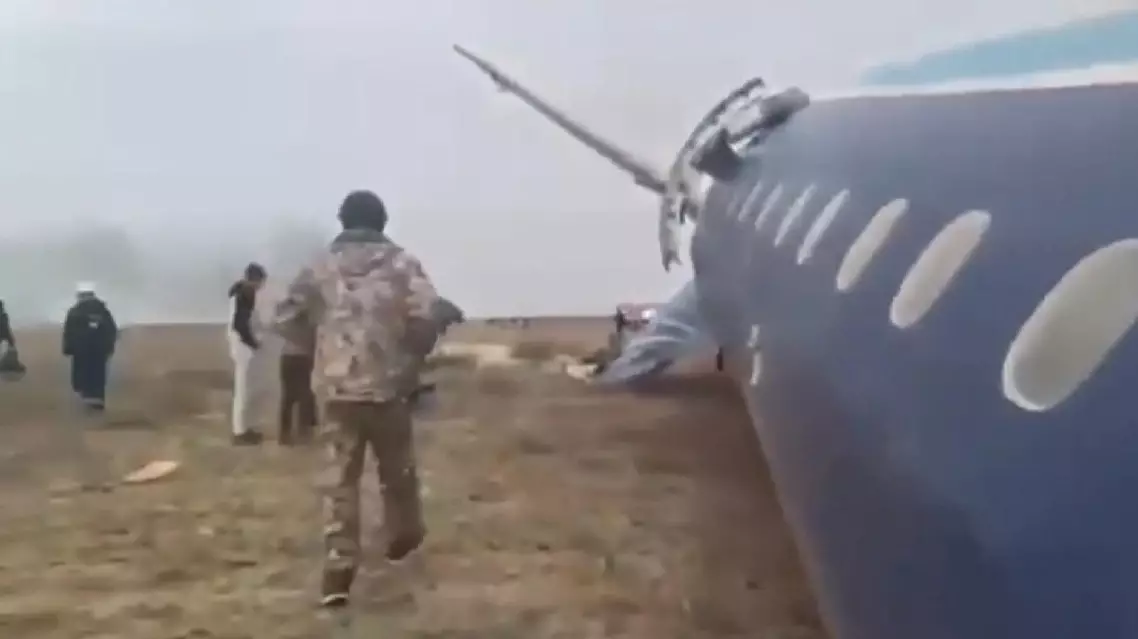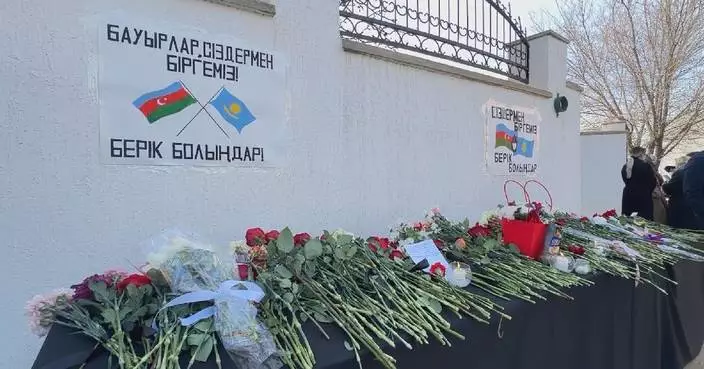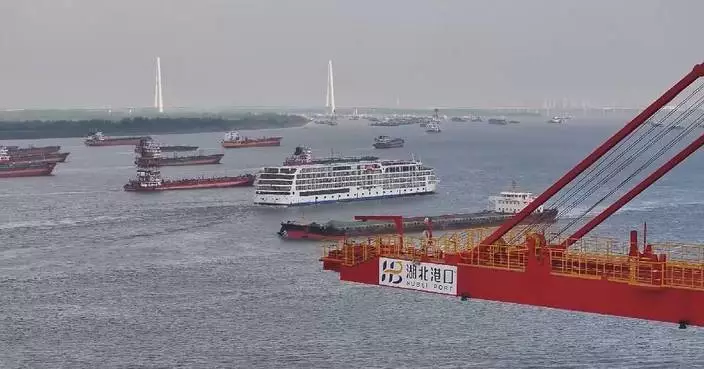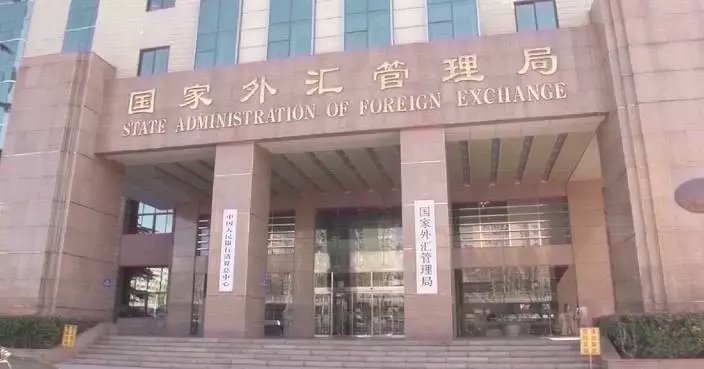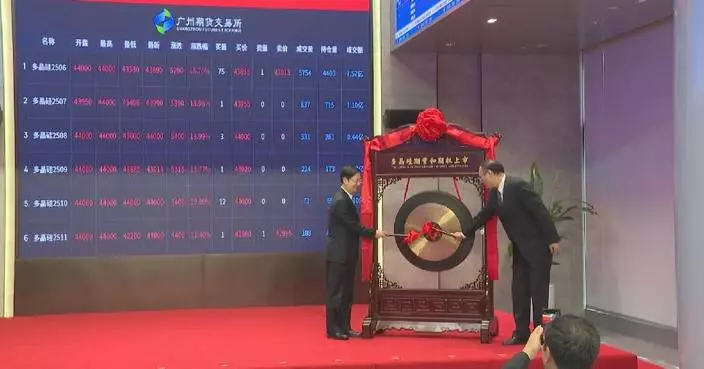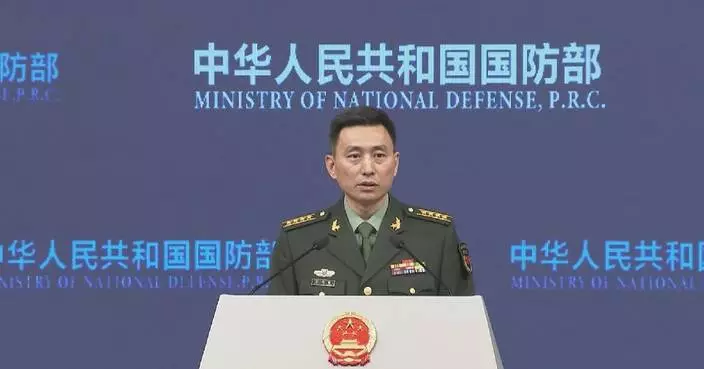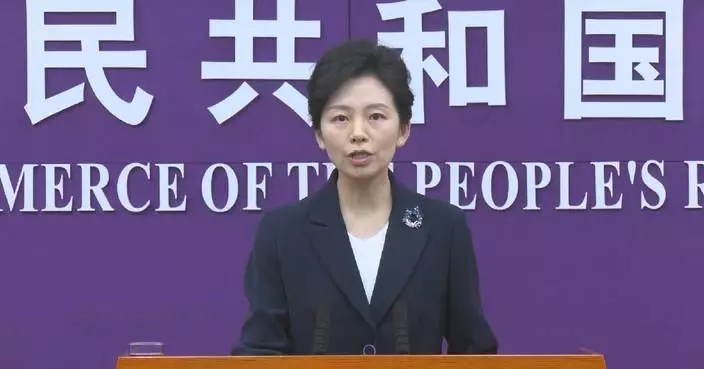The "Joint Sword-2024B" joint military drills by the Eastern Theater Command of the Chinese People's Liberation Army (PLA) on Monday sent a direct and strong response to Taiwan regional leader Lai Ching-te's recent Taiwan separatism remarks, which pose three specific provocations, said military expert Zhang Chi.
"The first provocation is against the post-World War II international order. In 1943, China, the United States, and the UK signed the Cairo Declaration, confirmed Taiwan and the Penghu Islands' return to China. In 1945, the same three countries signed the Potsdam Proclamation, with the Soviet Union later joining, reinforcing the commitment to implement the Cairo Declaration. These two declarations form a crucial part of the post-war international order. Therefore, 'Taiwan independence' is a challenge to this order," said Zhang, an associate professor at the National Defense University of the Chinese People's Liberation Army.
The second provocation is directed against the authority of the United Nations, said Zhang. The UN Resolution 2758, passed in 1971, recognized the People's Republic of China as the only legitimate government representing China, he said.
"The third provocation threatens the peace and stability in the Taiwan Strait. Lai's provocative remarks may appear mild but is deeply deceptive and harmful. It aggressively promotes separatism, inciting hostility and confrontation across the Strait, significantly escalating tensions and laying the groundwork for conflict, thus destructs peace and stability in the Taiwan Strait," Zhang added.
The expert explained that the drills were divided and carried out in six different areas -- two in the Taiwan Strait, two east of the Taiwan island, and one each to the north and south of the island.
"Drills north of the island directly targeted the key figures advocating 'Taiwan independence', sending a warning to Lai's administration. Exercises to the south the island aimed to strike at the heart of Taiwan independence forces. Those in the eastern air and sea zones were intended to block three critical routes: the lifeline for energy imports, external support line for separatists, and escape lines for those attempting to evade punishment," said the expert.
"Conducting drills in the Taiwan Strait shows our intensifying pressure from all directions to Taiwan separatists. Compared with previous drills, the scope of this drill was broader and the operational range closer, achieving new breakthroughs. Especially, this time our Coast Guard vessels conducted patrols around the island, strengthening maritime control," said Zhang.
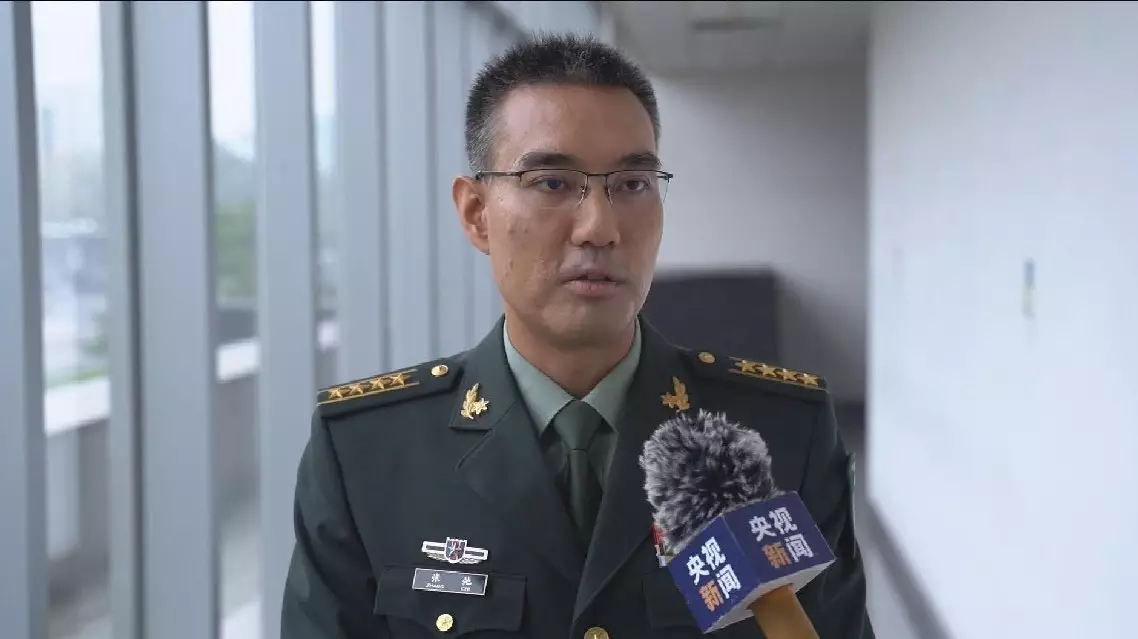
Drills pose intensified pressure on Taiwan separatists: expert


